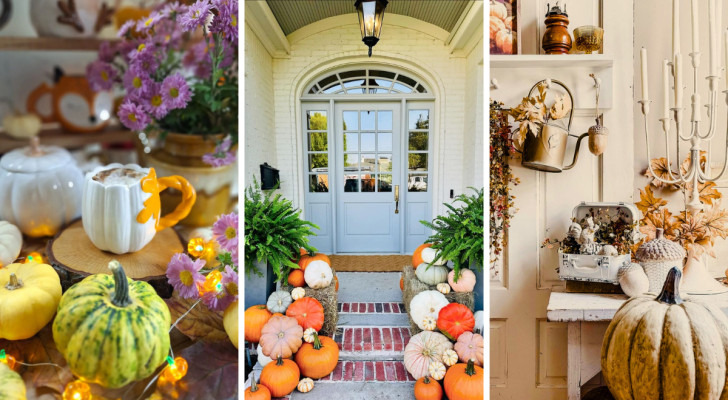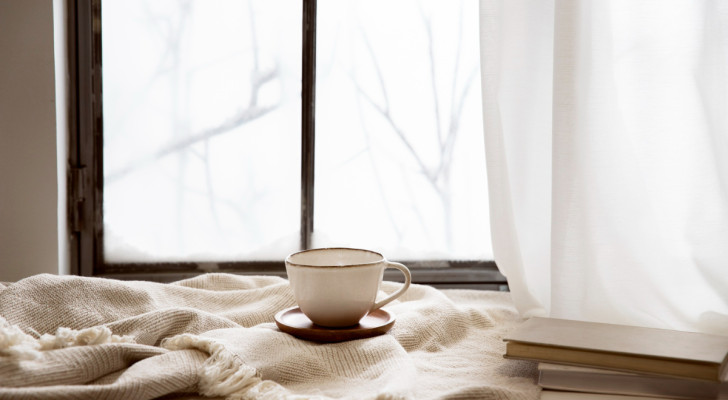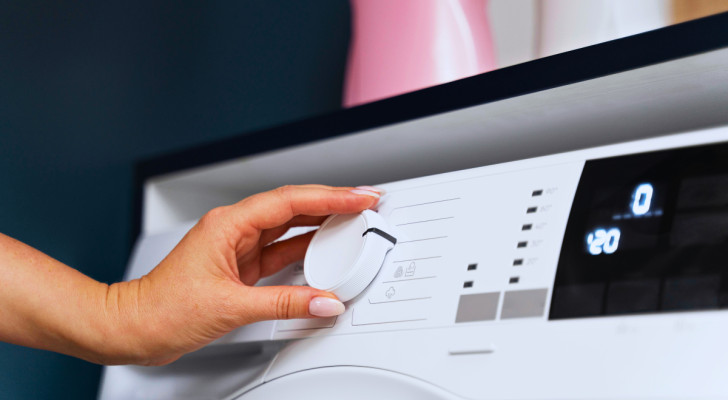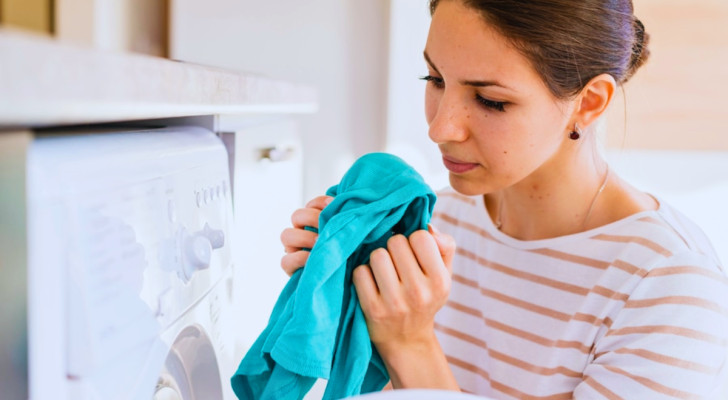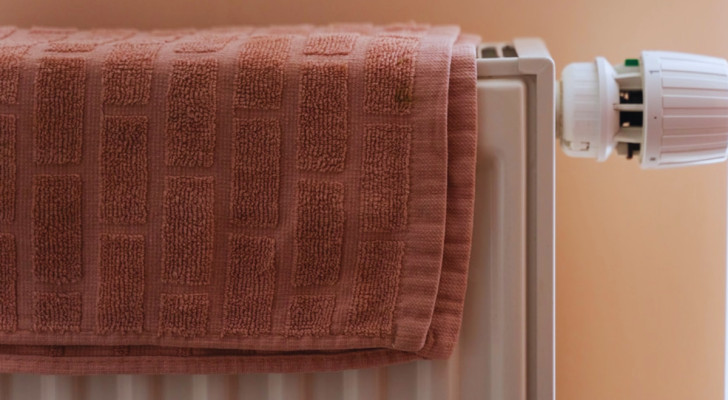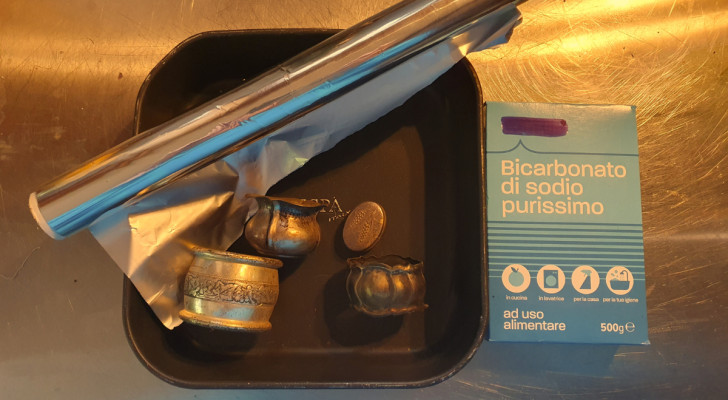Avoid the most common plumbing problems with these 8 pro tips
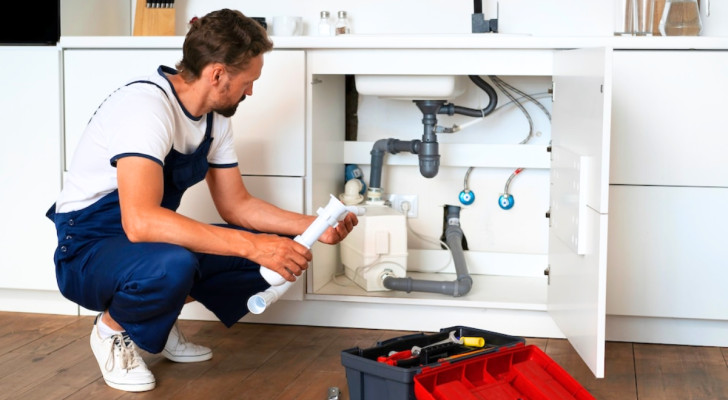
It's not unusual for plumbing issues to arise from time to time in a home - and it can be expensive getting these problems fixed. However, many of the most common plumbing problems can be easily avoided - or solved by using the right methods. Let's check out some commonly-made mistakes and advice that come from plumbing experts:
1. Don't use caustic detergents
A blocked drain - especially in the kitchen or the bathroom - is not a rare occurence. Most often, chemical drain cleaners are used to clear these blockages, but the caustic components of these cleaners can be overly-aggressive on old pipes and risks damaging them even further, exacerbating the problem.
It is best to use all-natural, enzymatic detergents which can dissolve blockages and are much less aggressive.
2. No fatty substances down the drains
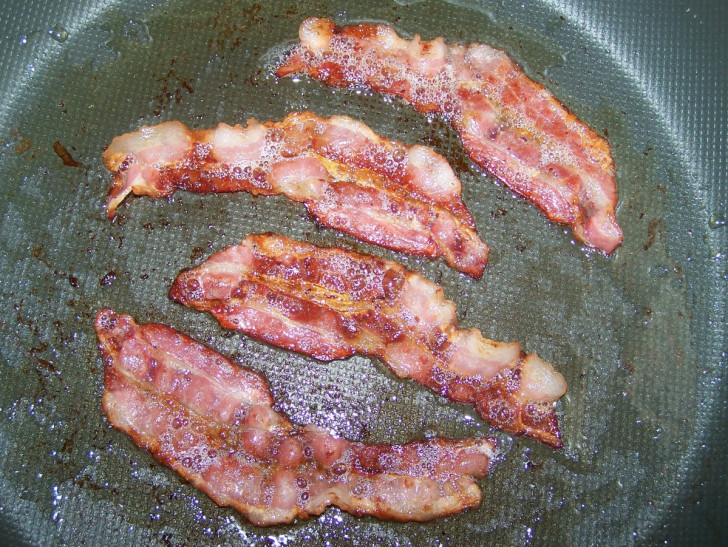
Pxhere
Most cooking leaves behind animal or vegetable grease, oil or fat, and this fatty residue should not be poured down the drains. In fact, it is not uncommon for people to pour fatty oils into the toilet, for example. But fat sticks to the inside surfaces of the pipes, gets stuck in the bends and traps other debris. So what can be done with used oil, fat and grease?
Most municipalities usually provide oil collection points, so it's best to dispose of your used oil at these points. For fats and grease, it's best to let them cool down, solidify and then throw them in the garbage.
3. The risk of pipes rupturing in the cold
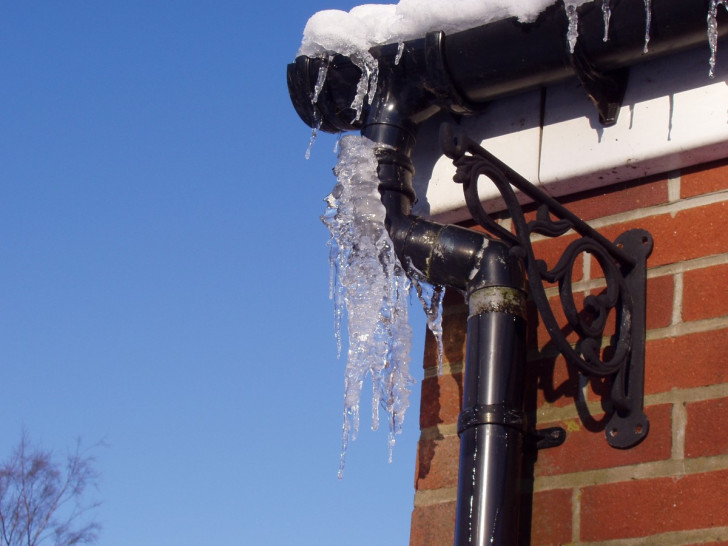
Pxhere
In regions where temperatures drop below 0°C, there is a serious risk that water in the pipes will freeze, expand and rupture them. This can lead to you having to make some very expensive repairs.
A time-tested method to avoid this happening is to allow a small amount of water to flow continuously through the pipes during the night (especially when there is a risk of frost). Set up a barrel or similar to collect this "overnight" waterflow and use it for cooking, watering the plants, doing the laundry, etc.
4. DIY attempts are admirable - but not in all cases
Nobody wants to waste money, but a sloppy plumbing job done by someone without the skills can cause even more damage (and consequently, greater repair expenses). Only tackle the repairs yourself when you are certain that you know what you are doing: if not, call a licensed plumber.
5. Clean the water heater
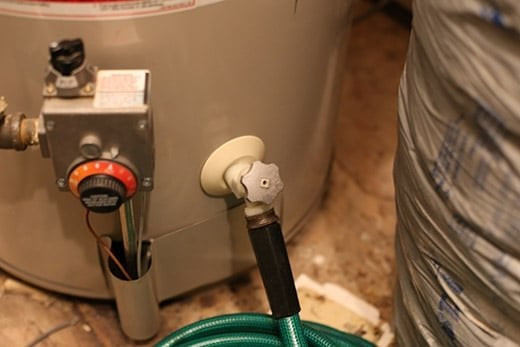
Limescale, slime and other types dirt can accumulate in the water heater tanks over time. You generally won't realize this until it's too late. So, what can be done? Get in the habit of doing annual maintenance: once a year, purge the tank (following the instructions in the heater's manual) to keep it in tip-top condition.
6. Investigate all leaks immediately
Sometimes, you might ignore some drips or leaks that seem minor, but this is not advisable. In most cases, it's best to act immediately and investigate the cause of a leak (such as when you notice a small, but constant, leak of water around the base of the toilet). Catching these leaks early will prevent extensive damage being done later and which will require expert intervention and an expensive repair bill.
7. Keep an eye on the water meter
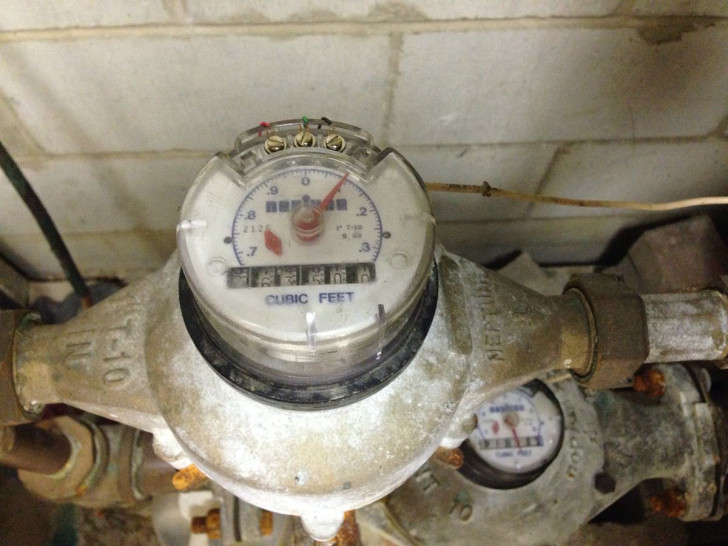
Every now and then - when you are sure that there is no water running in the home - go and check the water meter. If it is still moving (albeit very slowly), it could be a sign of a leak that you haven't yet detected. If you can section off pipes from the meter, you might be able to identify where the leak is happening more accurately.
8. No garbage flushed down the toilet
Although there are toilet paper types or biodegradable wipes that can be flushed away, it is always preferable to avoid doing this and to use a toilet bucket/pail instead. Sometimes, these biodegradable products they don't break down quickly enough to prevent a blockage from forming.
With a little care and attention, you can certainly reduce the need to revert to calling on the expensive services of a plumber!
